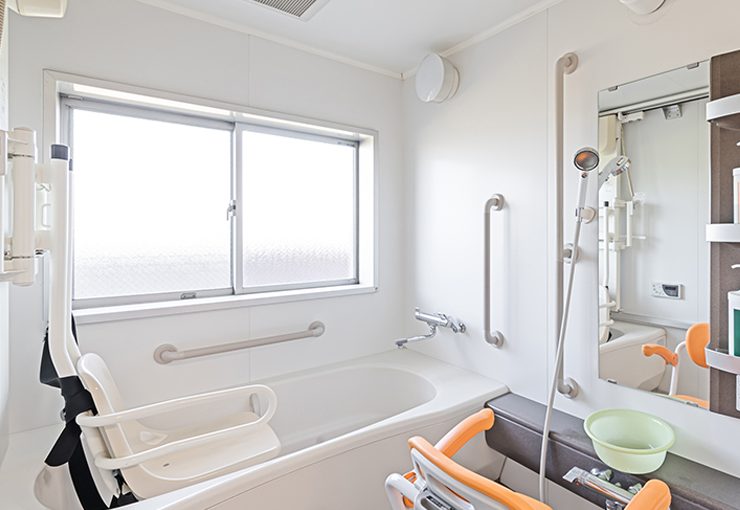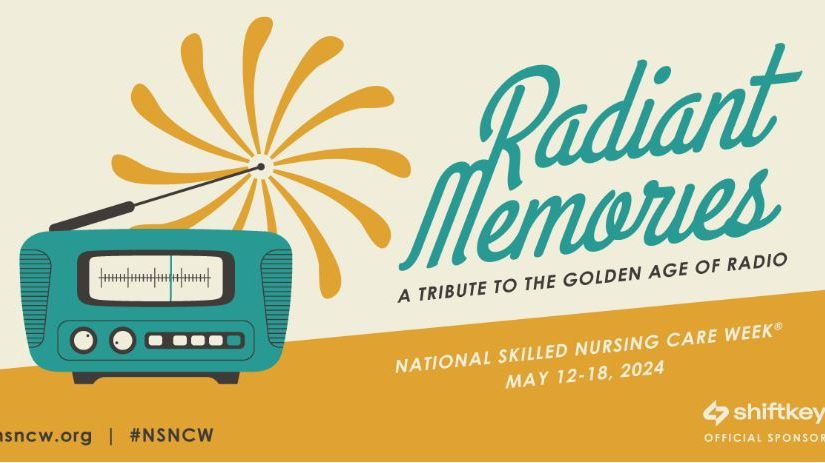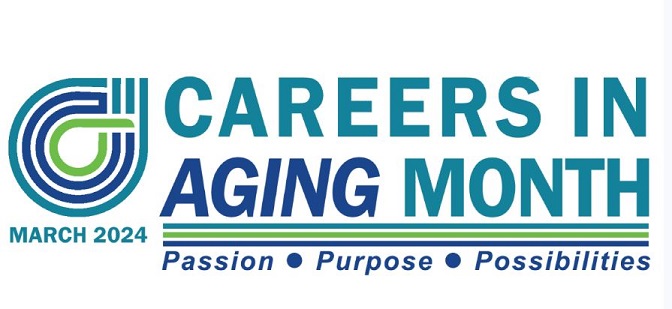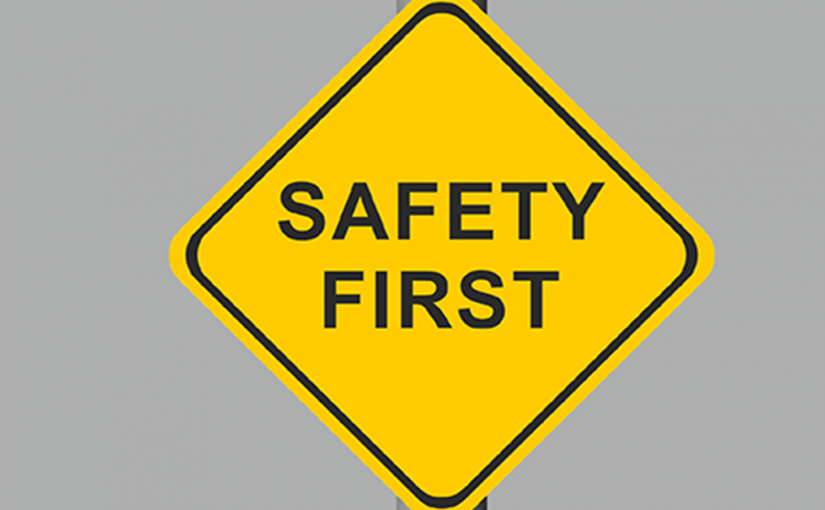Communication is key when providing quality care to residents because those living in long term care environments experience increased vulnerability. Good communication can often be likened to a dance. When synchronized, it is beautiful to watch. However, one misstep can lead to injury or hurt feelings. Lack of communication can result in missed appointments, medication errors, adverse events, rehospitalization, and even death. This article offers tips to facility leadership on how to improve communication with residents and their families, staff, and outside partners.
Tag: GeroNursePrep
Navigating Medicare Advantage
Skilled nursing and post-acute care providers must carefully navigate Medicare Advantage plans while calling for more accountability, oversight, and transparency from regulators.
https://www.providermagazine.com/Issues/2024/Spring/Pages/Navigating-Medicare-Advantage-.aspx
Innovative Approaches in Dementia Care
Caregivers are embracing a person-centered approach that focuses on individuals’ remaining abilities, meaningful engagement, and effective communication.
Empower Residents with a Holistic Approach to Activities
The senior care industry is dutifully focused on medical interventions and patient care. Part of this commitment is the promotion of activities and mobility.
Picture a bustling senior care facility where the rooms are filled with sounds, the halls echo with the shuffle of feet engaged in purposeful movement, and every corner hosts a unique activity that sparks joy. It’s a vision that goes beyond the conventional notions of caregiving. Attending to the physical needs of older adults is part of their comprehensive care, and skilled nursing facilities and long-term care centers would do well to embrace the transformative power of recreation.
Why should activities and mobility be at the forefront of the senior care sector? Because it’s about celebrating the vitality of our senior community and creating environments where residents can lead better quality lives.
10 Elements of Safe, Functional Bathrooms
In a senior living facility, the bathroom is arguably the most important space to providers and their residents. Studies show that most incidents and falls occur in the bathroom. The independence, hygiene, dignity, and safety that occurs in the bathroom is all pivotal. That is why it’s so important to create an environment that supports aging over time and promotes independence for seniors.
https://www.providermagazine.com/Articles/Pages/10-Elements-of-Safe,-Functional-Bathrooms.aspx
Start Your RN Board Certification Journey on Certified Nurses Day
- Lower rehospitalization rates for short stay and long stay residents
- Fewer deficiencies on average
- Fewer Immediate Jeopardy (IJ) citations
- More stars — twice as likely to be a CMS 5-Star facility (44% versus 19%)
National Skilled Nursing Care Week® Resources & Exclusive Products Now Available
The American Health Care Association (AHCA) is excited to announce that resources for this year’s National Skilled Nursing Care Week® (NSNCW), including the Planning Guide, marketing tools, and special products, are now available at NSNCW.org.
These materials are designed to assist you in planning, promoting, and celebrating NSNCW. Discover everything you need to make this week memorable for your residents, staff, and volunteers and to spread joy throughout the community.
Begin your NSNCW 2024 preparations today and help us create a week filled with unforgettable moments!
Just For RNs: Boost Your Geriatric Care Competency
The American Health Care Association/National Center for Assisted Living’s Gero Nurse Prep course significantly increases RNs’ gerontological nursing competency test scores. Further, research conducted by AHCA/NCAL in 2023 found compelling reasons to consider the Gero Nurse Prep course and ANCC Board certification for RNs. Nursing facilities with at least one ANCC Board certified RN experienced:
- Lower rehospitalization rates for short stay and long stay residents
- Fewer deficiencies on average
- Fewer Immediate Jeopardy (IJ) citations
- More stars — twice as likely to be a CMS 5-Star facility (44% versus 19%)
March is Careers in Aging Month!
In the past, AHCA/NCAL and providers across the country have celebrated Careers in Aging Week to bring recognition to the numerous career opportunities available in long term care and aging services and to celebrate current caregivers in the industry. In 2024, we are extending the celebration and the month of March will now be dedicated to Careers in Aging Month! Join us in promoting these rewarding careers for the month-long observation!
Learn more by going to https://www.ahcancal.org/News-and-Communications/Blog/Pages/Save-the-Date-for-Careers-in-Aging-MONTH-.aspx
Maintaining Your Respiratory Protection Program in LTC Centers: Actions and Frequencies
Long term care (LTC) centers must adhere to specific requirements for compliance with the Occupational Health and Safety Administration (OSHA) Respiratory Protection Standard (29 CFR 1910.134). The nature of airborne hazards, the presence of respiratory threats, the specific respiratory protection program, and the resulting compliance requirements will vary between organizations. Employers must recognize that once a Respiratory Protection Program (RPP) is established, ongoing maintenance is necessary to ensure compliance with the OSHA standard.








